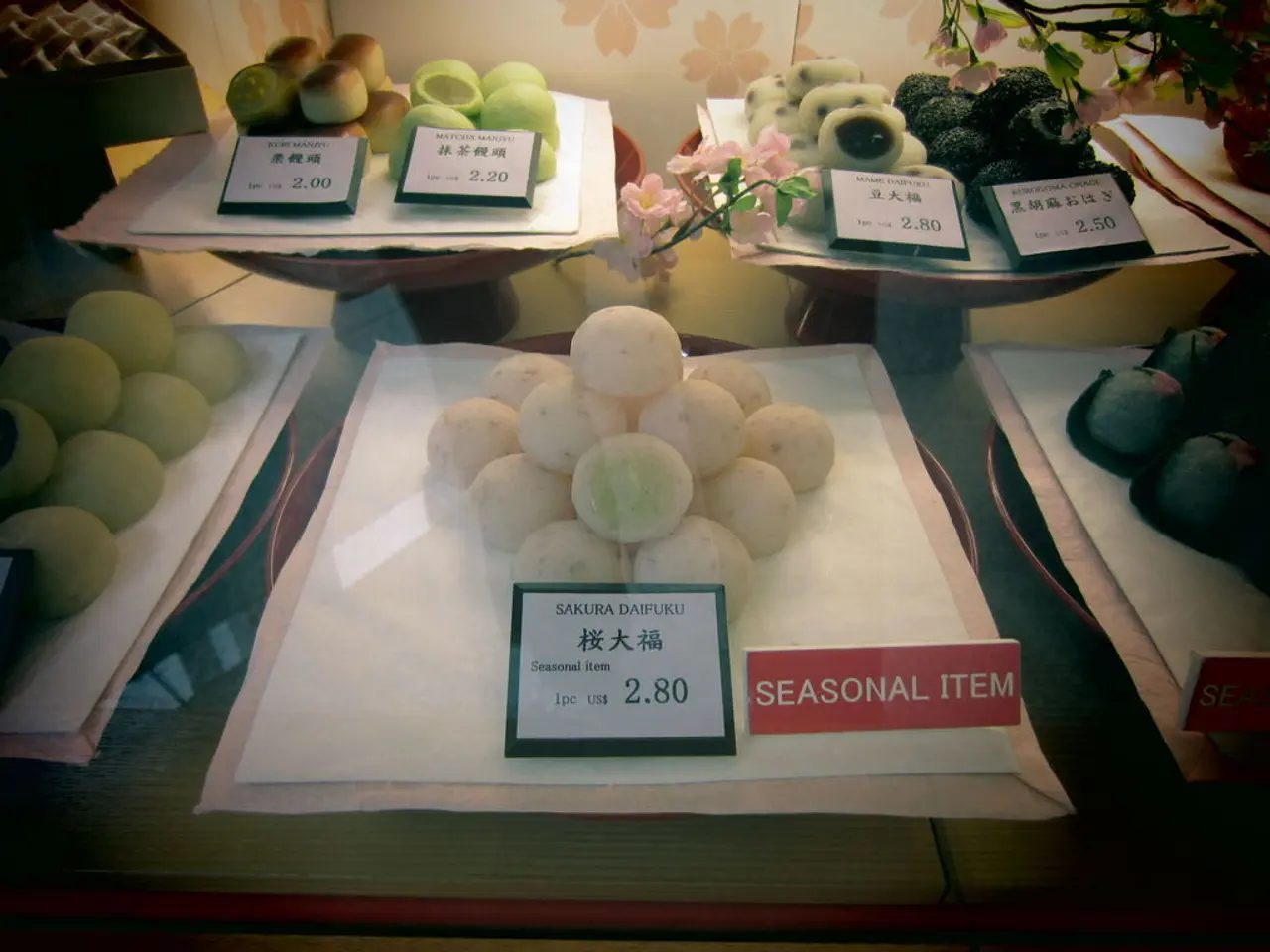American exporters lament the 'disadvantageous' reduction in US tariffs
The recently signed trade agreement between the United States and the Philippines, which reduces the tariff on Philippine goods entering the U.S. market to 19%, has significant implications for local exporters, particularly in the Cebu and Visayas regions.
## Economic Implications
The reduction from a potential 20% to 19% tariff is seen as a modest concession, which may still hinder the competitiveness of Philippine exports in the U.S. market. This could particularly affect industries like furniture, accessories, electronics, and processed food, which are prevalent in the Cebu and Visayas regions.
Moreover, the agreement allows U.S. goods to enter the Philippines tariff-free, creating an uneven trade environment. This could lead to increased competition from U.S. imports, potentially impacting local industries and employment in these regions.
## Regional Impact
The region is known for its manufacturing and export sectors, including furniture, textiles, and food products. The 19% tariff may still pose a barrier to these exports, affecting the growth and profitability of local businesses in Cebu and Visayas.
However, the agreement maintains access to the U.S. market, which is crucial for many exporters in the Philippines. This access can help stabilize or grow export volumes, benefiting local economies.
## Strategic Considerations
The agreement reflects strategic geopolitical considerations, with the U.S. positioning itself to strengthen ties with key Asian economies. This could lead to additional economic and security benefits for the Philippines, potentially boosting regional development.
The ability to negotiate a tariff reduction suggests that the Philippines may have leverage for future trade negotiations, potentially leading to better terms for local exporters over time.
## Moving Forward
While the tariff reduction may provide some relief, it still presents challenges for local exporters in Cebu and Visayas. The sectors most affected will need to adapt to maintain competitiveness in the U.S. market.
The Cebu Chamber of Commerce and Industries (CCCI) urges the Philippine government to provide relief packages, financial support, and technical help to exporters, and to create an export recovery task force to find new markets.
The tariff issue is expected to be a main topic at an upcoming Visayas Area Business Conference, providing a platform for discussions on strategies to navigate these changes and ensure the continued growth of local industries.
In conclusion, the new trade arrangement presents both opportunities and challenges for local exporters. As the Philippines navigates this new landscape, it is crucial for the government and private sector to work together to support the competitiveness of local industries and ensure the stability of the economy.
- The 19% tariff reduction from the trade agreement between the United States and the Philippines, despite being a modest concession, may still impact the competitiveness of local exporters, specifically in the Cebu and Visayas regions, particularly in industries such as furniture, accessories, electronics, and processed food.
- The agreement allows U.S. goods to enter the Philippines tariff-free, which could result in increased competition from U.S. imports, potentially impacting local industries and employment in the Cebu and Visayas regions that are known for their manufacturing and export sectors.
- The reduction in the tariff provides a crucial access for many Philippine exporters to the U.S. market, an opportunity that can help stabilize or grow export volumes, benefiting local economies.
- The agreement's strategic geopolitical considerations could lead to additional economic and security benefits for the Philippines, potentially boosting regional development. The fact that the Philippines was able to negotiate a tariff reduction suggests that it may have leverage for future trade negotiations, potentially leading to better terms for local exporters over time.
- As the Philippines moves forward, it is important for the government and private sector, such as the Cebu Chamber of Commerce and Industries (CCCI), to work together to provide relief packages, financial support, and technical help to exporters, to create an export recovery task force to find new markets, and to continue discussions on strategies to navigate changes and ensure the continued growth of local industries.




